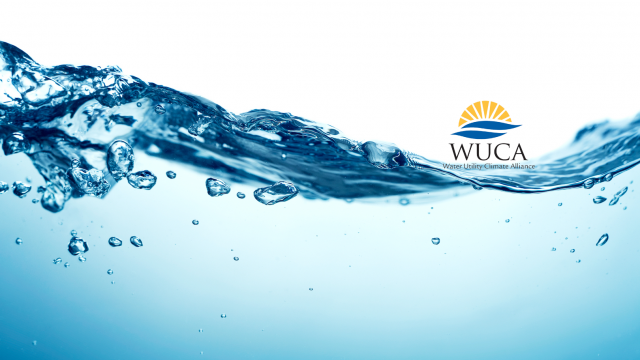Online Training for Water Utilities—WUCA
As part of its mission to collaboratively advance climate change adaptation, the Water Utility Climate Alliance (WUCA) developed free, in-person technical training and guidance for water utility engineers and decision makers to plan, communicate, and implement climate-resilient strategies within their organizations. An outline of the contents of the entire training program is set forth below.
Chapter 1: Introduction
Unpredictable rainfall, stronger storms, and changes in historic weather patterns are just some of the observed effects of climate change. You can’t afford to be unprepared for emerging conditions and, on the other hand, you can’t be prepared for everything—and it’s not financially feasible to prepare for the worst-case scenario. Developing a plan to assess the vulnerability of your utility is essential for building resilience and ensuring you, and your customers, are prepared for a changing future. This short module provides an overview to get you started on the right foot.
Chapter 2: Understand
You are ready to begin assessing the vulnerability of your water utility. The first steps involve an understanding of climate science, a look at projected future climate scenarios, and an overview of how climate data is collected and applied to your specific project. With these tools in your toolkit, you can move on, with confidence, to planning your assessment.
Chapter 3: Plan
How do we make decisions in light of uncertainties, especially when those decisions will last a long time? The next two lessons will show you how to move into the future with confidence.

